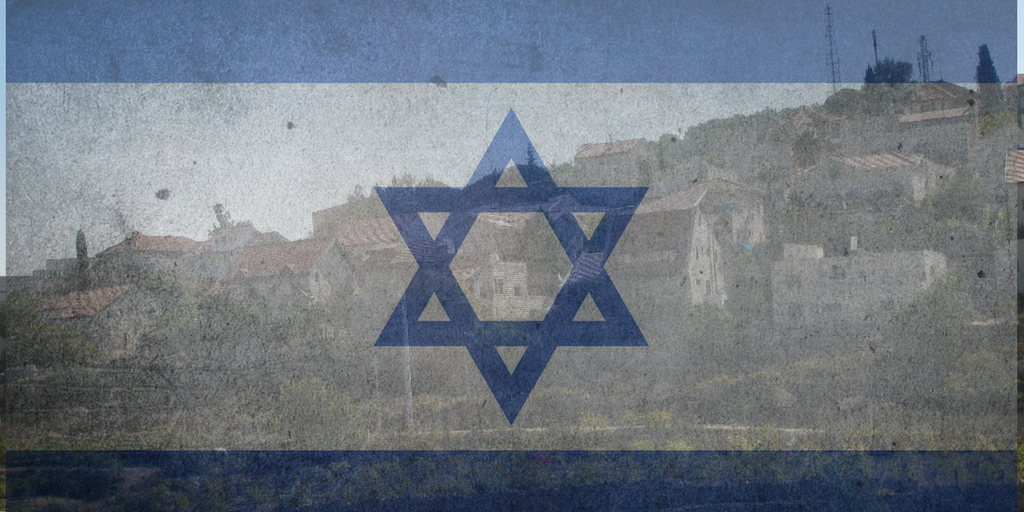Fierce cries from many corners in Israel are demanding a stop to arm sales to Myanmar due to the insistence that its army is busy carrying out large-scale ethnic cleansing against the “defenseless” Rohingya Muslim minority. These cries stem from similar protests against Myanmar carried out around the world using the slogan “Real Face of Buddhist Terror.”
The Left in Israel has used the Myanmar issue to slam the current government, but if one takes a closer look at the situation there, it is not clear which side really is in the right. Haaretz likes to insist that Israel habitually arms dictatorships.
In response to a question from the floor by lawmaker Tamar Zandberg of Meretz about arms exports to Myanmar, Defense Minister Avigdor Lieberman said: “Generally speaking we subordinate ourselves to the entire enlightened world.”
Lieberman is lying. This is not the first time that Israel has taken such a course of action. It lied when it supported war crimes in Argentina, ignoring the American embargo, and it lied when it armed the Bosnian forces that perpetrated massacres, ignoring a UN embargo. It armed the military dictatorships in Chile and Argentina and the Contras in Nicaragua, and it is arming the forces of evil in South Sudan.
While each of these past “offenses” seems problematic, they are by no means monolithic. In fact, each one has its own set of circumstances that should be investigated carefully.
Back to Myanmar and the Rohingya. The reason why the Left in Israel are chastising the government is because the Israeli Left buys into the equivalent narrative when it comes to Israel. If one substitutes the claims against Mynamar with the word Israel, the claims sound all too familiar. “Ethnic cleansing,” “War Crimes,” and so on and so forth. Just like there are those who demand the US boycott Israel, similar voices have successfully petitioned the world community against Myanmar. The stories are frightfully parallel.
The Rohingya are actually not indigenous to Myanmar. They are as admitted, a Bangladeshi group of Muslims that are fighting an insurgency against Myanmar. This insurgency is actually being funded by Bangaladesh against its Buddhist neighbor. The government in Bangladesh is responsible for the upsurge in violence due to their use of women and children as human shields.
The tactic of using a trojan horse by flooding a neighboring country with “defenseless” refugees is not new. In fact Muslim countries have done this many times. We see this in Israel when it comes to the “Palestinians” who are also not indigenous to the Land.
A post a few weeks ago in the India based SwarajyaMag said the following:
A violent Islamist group called the Arakan Rohingya Salvation Army (ARSA) is forcing all Rohingya males – even very young boys – to attack Rakhine Buddhists and other civilians and to provoke the Myanmar army into violence. This group has been getting its funding and weapons from Islamic countries like Pakistan and Malaysia and its training from al-Qaeda and Taliban in Afghanistan.
Just yesterday a mass grave of hindus was found, said to be killed by Rohingya militants.
“Security members found and dug up 28 dead bodies of Hindus who were cruelly violently and killed by ARSA extremist Bengali terrorists in Rakhine State,” a statement posted on the army chief’s website said.
No one should suggest that nothing is happening between the Myanmar army and the Rohingya. That would be foolish. Yet, the UN Human Rights council (UNHRC) in the same way it has attacked Israel has created an appearance of a one-sided conflict. This is the same UNHRC that is fully controlled by Islamic countries.
Given the above, it is hard to understand why the voices in Israel, claiming to stand for justice quiet down and look at the conflict in Myanmar as what it is, an Islamic fueled and funded rebellion being supported by Islamist countries both financially and in the UN.
With all of the challenges Israel has around it, the Left in Israel should give the government the benefit of the doubt when it comes to arm sales. Israel has a need to arm those countries, despite flimsy human rights records that are not Islamist in order to push back on the spread of an ideology that has no qualms in using terror, innocents, and violence to achieve its goals.
If there was one suggestion the Left in Israel should make is that it could ask the government to make the arm sales to Myanmar contingent on their government allowing Israel to train their troops to better differentiate between ARSA supported rebels and innocent civilians. After all, Israel is an expert in doing this.






